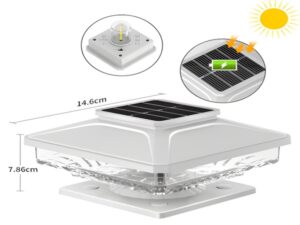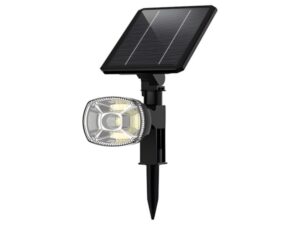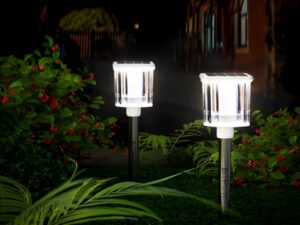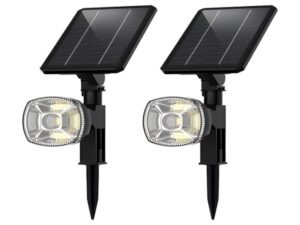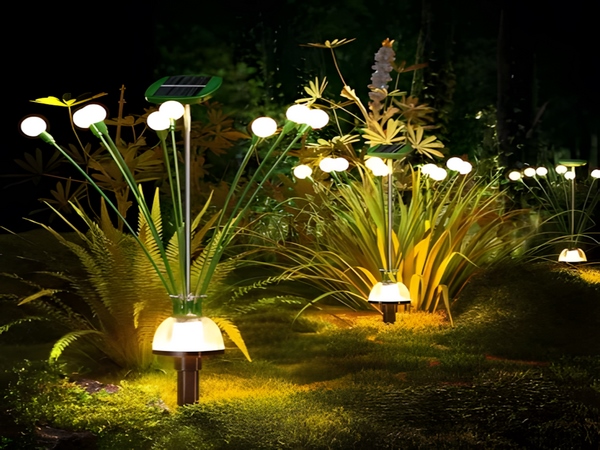

The installation of solar photovoltaic systems in rural areas can be summarized as a multifaceted benefit. With the establishment of home solar photovoltaic power stations, families can continuously receive electricity. Surplus electricity can be sold to power companies, resulting in significant savings on electricity bills and additional economic gains.
By installing solar photovoltaic power stations, farmers can earn money in three ways. First, there are direct savings on electricity bills. Second, excess electricity sold to power companies generates revenue. Third, there are government subsidies available.
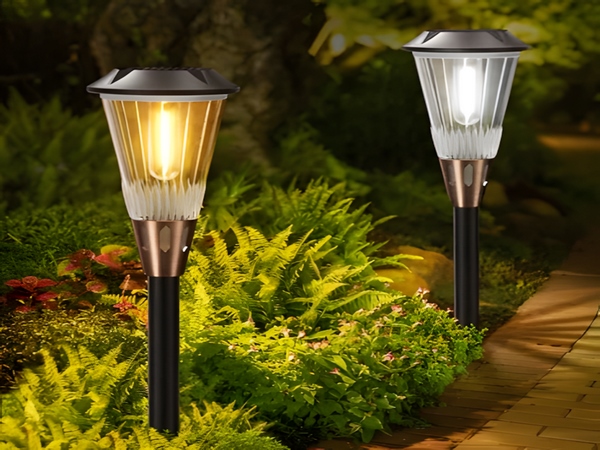
As mentioned, photovoltaic systems can eliminate daily electricity expenditures and provide opportunities to sell excess power. For instance, a 5kW solar power station can produce over 20 kWh daily. If a household uses 10 kWh, the remaining 10 kWh can be sold to power companies, earning electricity revenue. Additionally, the government supports photovoltaic power generation by providing a subsidy of 0.42 yuan per kWh produced, with subsidy duration extending up to 20 years, making the profits quite substantial.
Although rural solar photovoltaic systems require significant investment from farmers, they offer significant returns. For the elderly, having a photovoltaic power station means a new source of retirement income. For low-income families, it can serve as a means to escape poverty. This unique appeal is what makes solar photovoltaic power systems popular today!
Photovoltaic solar manufacturers specialize in the research, development, production, and sale of solar power generation systems. If you want to learn more about installation or wish to purchase solar photovoltaic panels, please feel free to reach out to our customer service team.
